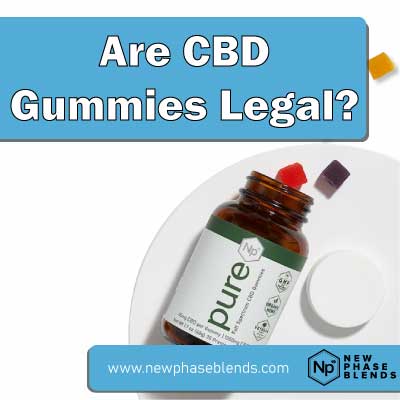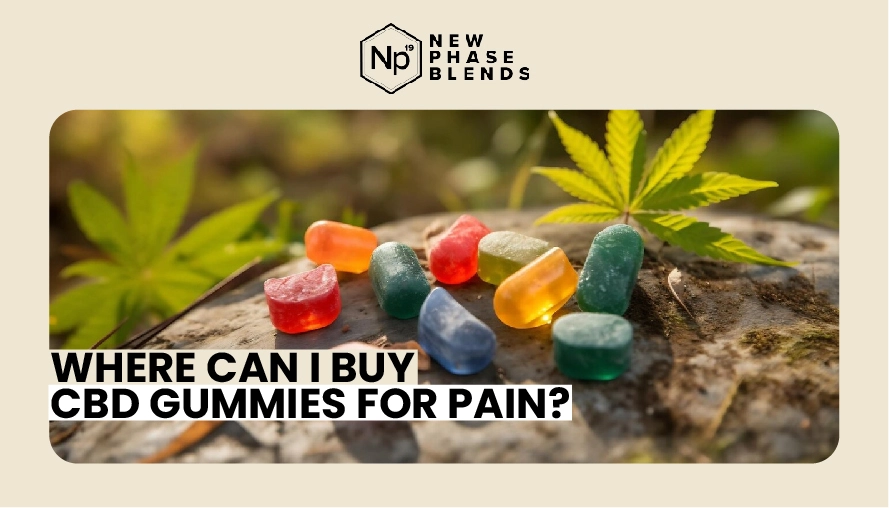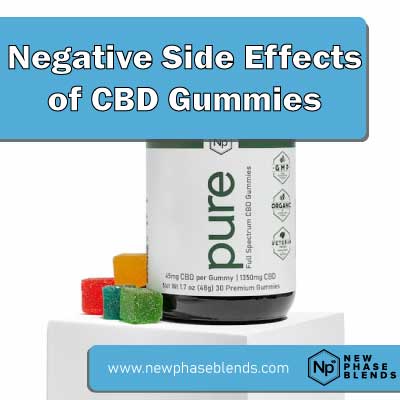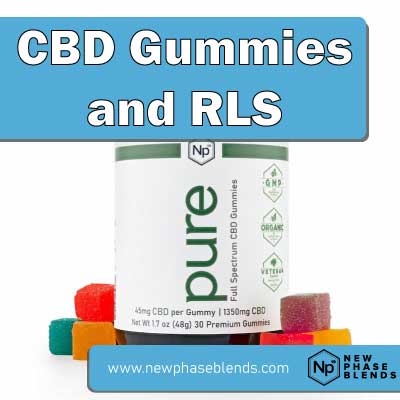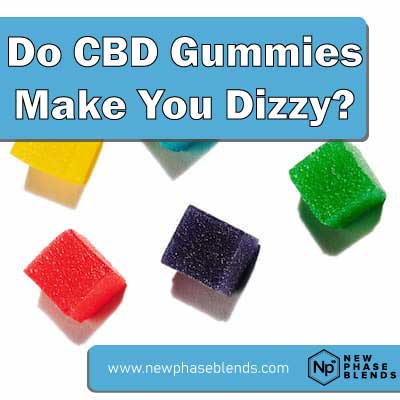CBD gummies have become one of the most popular ways to consume cannabidiol, offering convenience, precise dosing, and an enjoyable experience. However, navigating their legal status can be confusing due to varying federal and state regulations. This comprehensive guide explores the current legal landscape of CBD gummies to help you make informed decisions about purchasing and using these products.
What Are CBD Gummies and Why Does Their Source Matter?
Before diving into legality questions, it’s essential to understand what CBD is and where it comes from, as this directly impacts the legal status of CBD gummies.
Cannabidiol (CBD) is one of over 100 cannabinoids found in cannabis plants. Unlike tetrahydrocannabinol (THC), CBD doesn’t produce intoxicating effects but is sought after for potential therapeutic benefits.
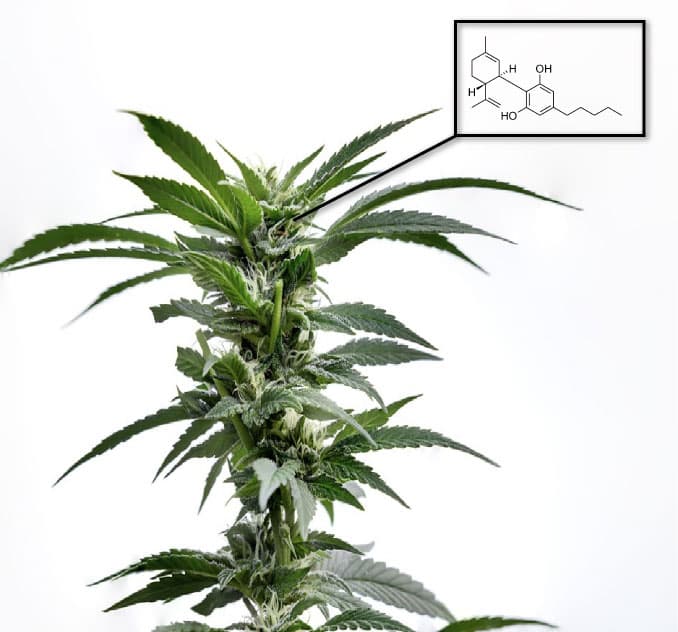
The source of CBD is crucial when determining legality:
- Hemp-derived CBD comes from Cannabis sativa plants containing less than 0.3% THC by dry weight. This is the primary source for legal CBD gummies.
- Marijuana-derived CBD comes from cannabis plants with higher THC concentrations and faces stricter regulations under federal and state laws.
Federal Legality: The 2018 Farm Bill’s Impact on CBD Gummies
The Agriculture Improvement Act of 2018 (commonly known as the 2018 Farm Bill) fundamentally changed the legal landscape for CBD products. This legislation removed hemp from the Controlled Substances Act’s Schedule I classification and legally defined hemp as cannabis plants containing 0.3% THC or less by dry weight. It also established a regulatory framework for legal hemp cultivation, effectively legalizing hemp-derived CBD at the federal level.
Under federal law, CBD gummies are legal when they meet specific criteria: they must be made from hemp-derived CBD, contain no more than 0.3% THC, and comply with other applicable regulations. Despite this federal stance, the Farm Bill granted states the authority to establish their own hemp regulations. This has created a patchwork of varying state laws that can sometimes be more restrictive than federal law.
The FDA’s Stance on CBD Gummies
While hemp-derived CBD is federally legal, the U.S. Food and Drug Administration (FDA) maintains regulatory authority over CBD in food products, including gummies. The FDA has stated that:
- It’s currently illegal to market CBD as a dietary supplement
- CBD cannot be added to food for interstate commerce
- Companies cannot make unsubstantiated health claims about CBD products
Despite these positions, the FDA has primarily focused enforcement on companies making egregious health claims rather than targeting all CBD-infused products. This has created a gray area where CBD gummies are widely available despite technical regulatory questions.
What States Are CBD Gummies Legal In?
CBD products are technically legal in all 50 states under federal law thanks to the 2018 Farm Bill, but several states maintain stricter regulations that effectively limit or prohibit certain CBD products.
States with the most restrictive CBD laws include:
- Idaho – Has traditionally maintained that any trace amount of THC is illegal, making many CBD products effectively prohibited. Only CBD completely free of THC (often marketed as “CBD isolate”) may be legal.
- Nebraska – Has had conflicting legal interpretations regarding CBD, with law enforcement sometimes treating it as a controlled substance despite federal legalization.
- South Dakota – Has historically had restrictive laws, though there have been legislative changes to align more with federal standards.
- Iowa – Has a limited medical CBD program but restricts general consumer CBD products.
- Kansas – Allows only CBD products with zero THC (more restrictive than the federal 0.3% limit).
It’s important to note that state laws are constantly evolving on this issue, and the legal status can vary depending on:
- Whether the CBD is derived from hemp or marijuana
- The THC content of the product
- How the product is marketed (as a supplement, food, etc.)
- Whether it’s for medical or recreational use
If you’re concerned about the legality of CBD in a specific state, I’d recommend checking with that state’s current laws or consulting with a legal professional who specializes in cannabis regulations, as this area of law continues to change rapidly.
Are “Pure” CBD Gummies Legal?
The term “pure CBD gummies” typically refers to products containing CBD isolate with no detectable THC. These products are:
- Legal at the federal level when hemp-derived
- Generally legal in most states, even those with stricter THC regulations
- Less likely to cause issues with drug testing
- Often preferred by consumers concerned about THC exposure
However, even zero-THC products must comply with state-specific regulations regarding CBD.
Factors Affecting the Legality of CBD Gummies
Several key factors determine whether specific CBD gummies are legal in your jurisdiction:
1. THC Content and Testing Accuracy
CBD gummies must contain no more than 0.3% THC to meet federal legal requirements. This necessitates:
- Accurate third-party laboratory testing
- Proper manufacturing controls to ensure consistent THC levels
- Clear Certificate of Analysis (COA) documentation
Products exceeding this threshold may be classified as marijuana products, subject to entirely different regulations.
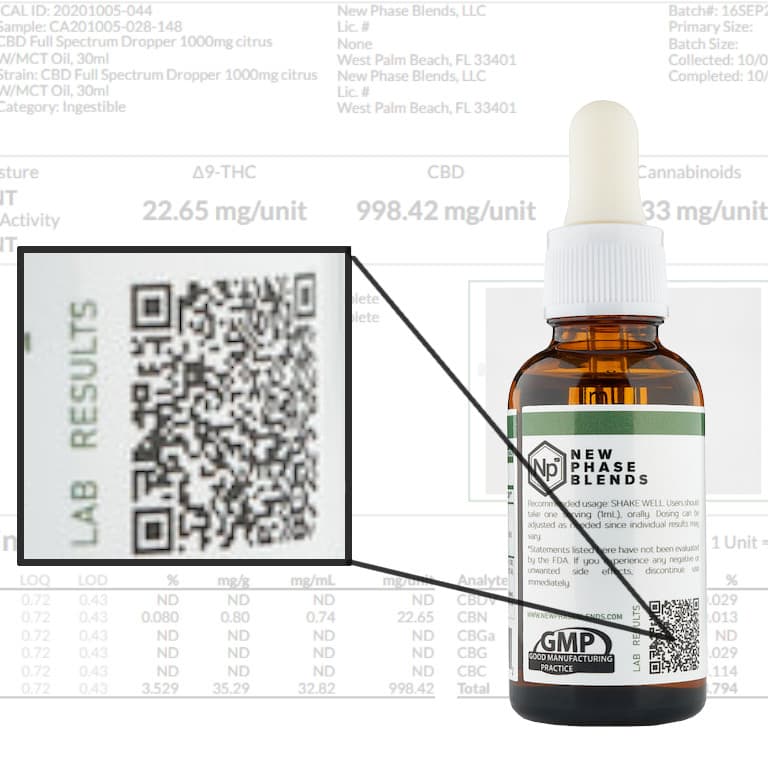
2. Manufacturing Practices and Quality Control
Legal CBD gummies should meet basic quality and safety standards:
- Good Manufacturing Practices (GMP) certification
- Contaminant testing (pesticides, heavy metals, residual solvents)
- Accurate potency labeling and batch consistency
- Appropriate facilities and handling procedures
Products failing to meet quality standards may violate consumer protection laws regardless of their CBD source.
3. Product Labeling and Marketing Claims
The FDA closely monitors how CBD products are labeled and marketed:
- Unsubstantiated health claims are prohibited
- Products cannot claim to treat, cure, or prevent specific diseases
- Labels must accurately reflect contents and dosing information
- Marketing materials should not mislead consumers
Improper labeling or marketing can trigger enforcement actions even when the product itself would otherwise be legal.
CBD Gummies With THC: Legal Considerations
Some CBD gummies contain intentionally added THC in various amounts:
Full-Spectrum CBD Gummies
Full-Spectrum CBD contains naturally occurring cannabinoids including legally permitted amounts of THC (≤0.3%). Some literature support an entourage effect, where all of the cannabinoids work together to provide better benefits. These gummies are federally legal when derived from hemp. Full spectrum CBD gummies are legal in most states that permit CBD. Keep in mind, full spectrum CBD gummies might trigger a positive drug test for THC. Stick to broad spectrum products if this is a concern for you. Better safe than sorry.
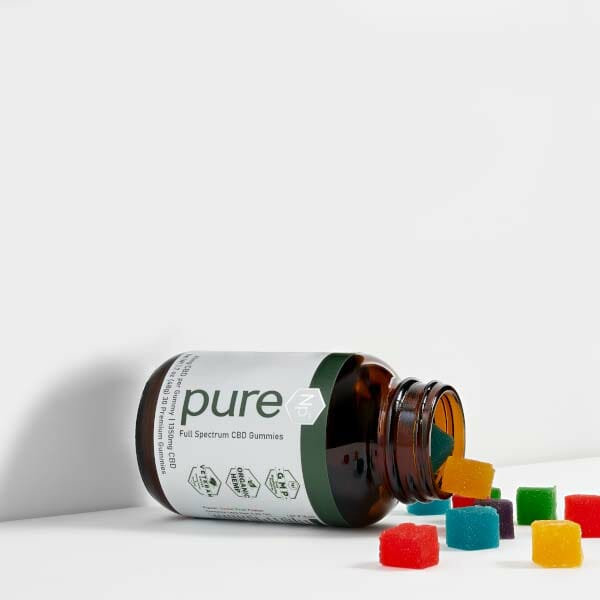
CBD gummies with more than 0.3% THC:
- Not federally legal under hemp regulations
- May be legal in states with recreational or medical marijuana programs
- Subject to marijuana-specific regulations including dispensary-only sales
- Cannot be legally shipped across state lines
How to Ensure You’re Purchasing Legal CBD Gummies
To navigate the complex legal landscape and purchase legal CBD gummies:
- Verify the hemp source – Legal CBD must come from properly licensed hemp farms
- Check third-party lab results – Reputable companies provide Certificates of Analysis verifying THC content below 0.3%
- Research company reputation – Established companies with good reviews typically maintain legal compliance
- Examine product labeling – Legal products have accurate ingredient lists, serving sizes, and cannabinoid content
- Consider your state laws – Purchase products specifically compliant with your state’s regulations
- Avoid products making medical claims – Legal CBD gummies cannot claim to treat or cure specific conditions
Legal Alternatives: CBD Gummies Without Delta-9 THC
For consumers concerned about legality, CBD gummies without detectable Delta-9 THC offer a solution. CBD isolate gummies contain only CBD with no other cannabinoids, while broad-spectrum CBD gummies contain multiple cannabinoids but with THC removed. These products are legal in more jurisdictions, including those with stricter THC regulations, and they provide CBD benefits without legal concerns related to THC. These alternatives allow you to experience potential CBD benefits while minimizing legal risks.
Conclusion: Navigating CBD Gummy Legality in 2025
In summary, hemp-derived CBD gummies containing less than 0.3% THC are federally legal in the United States, but their status varies significantly at the state level. To ensure you’re purchasing and consuming legal CBD gummies, focus on reputable brands with transparent third-party testing. Understand your state’s specific regulations regarding CBD products is a must. As long as your CBD products come from hemp, you’ll be good to go. By choosing products with clear, accurate labeling, THC content won’t be an issue.



